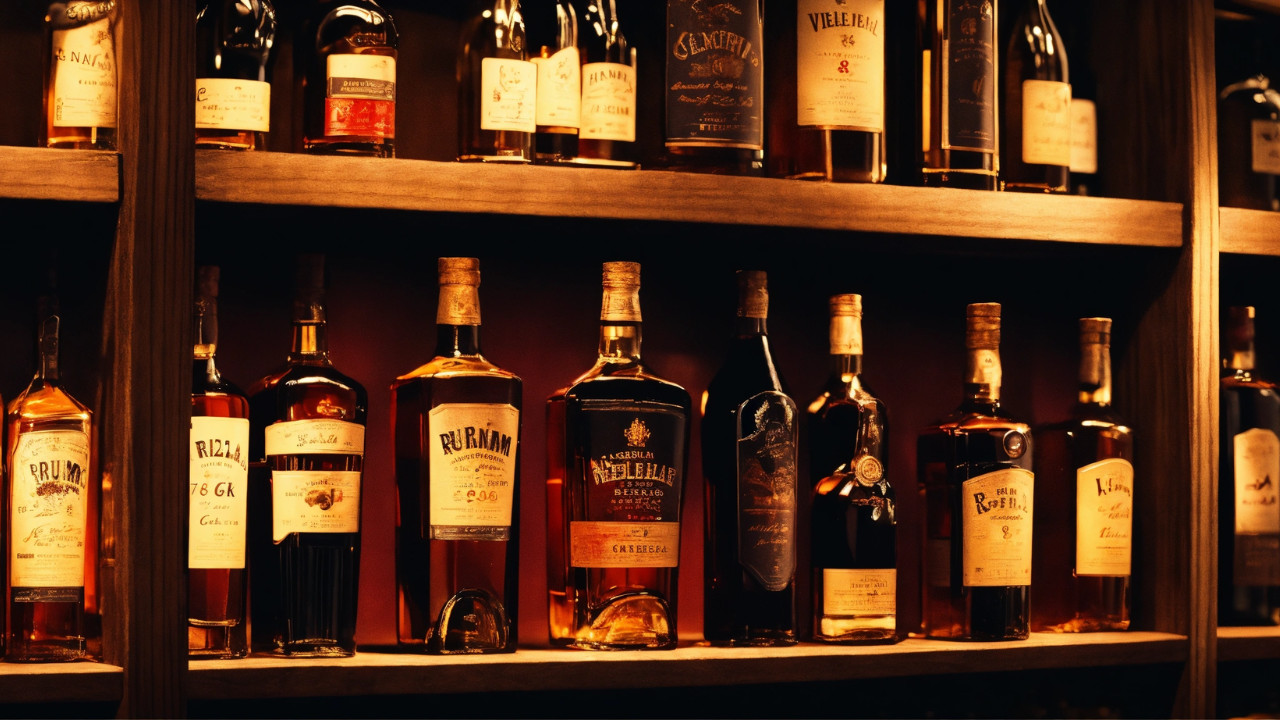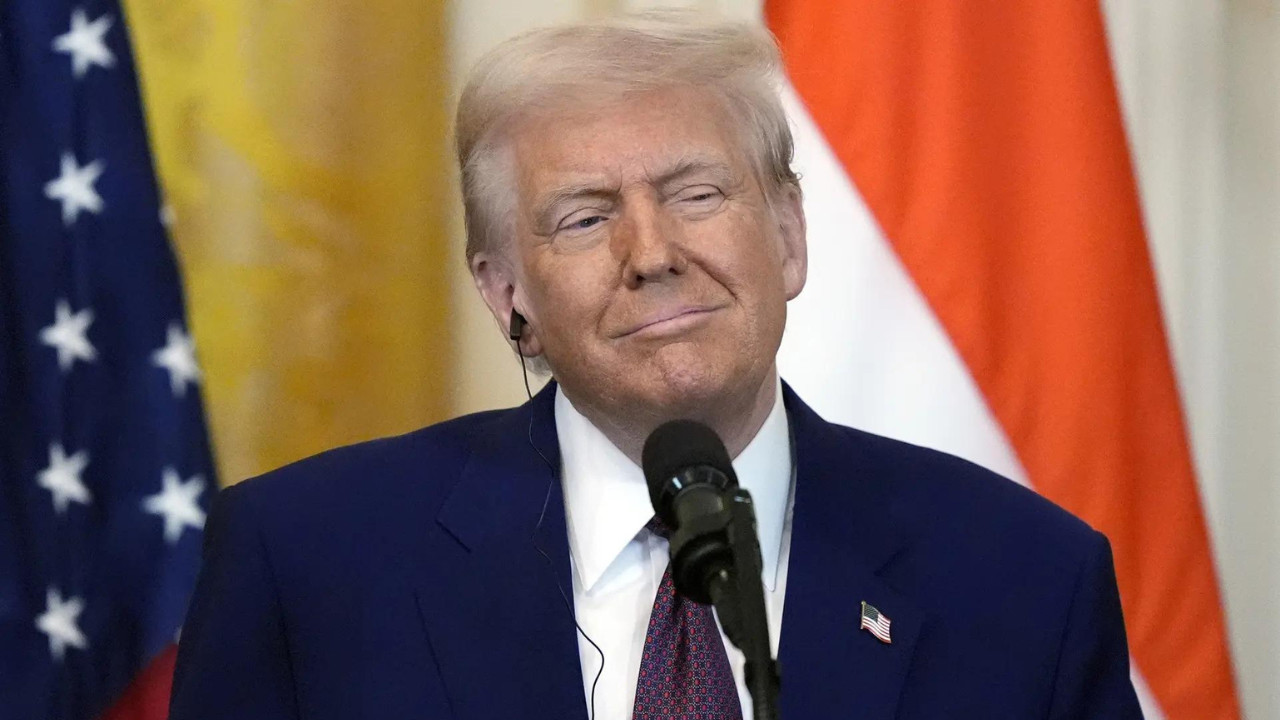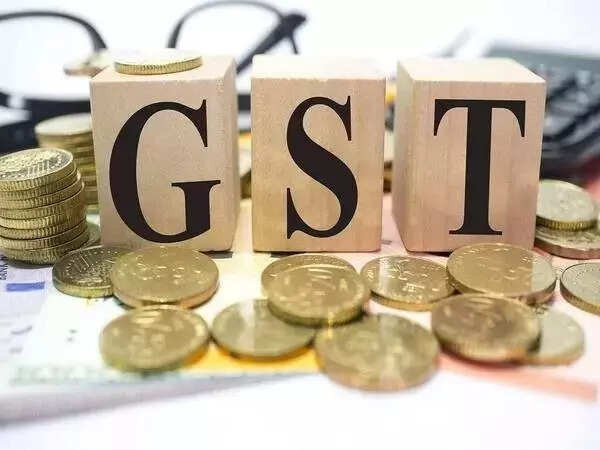Scotch’s Home Turf Advantage: Is the UK Market Fair to Indian Whisky?
For centuries, Scotland has reigned supreme in the world of whisky, its distilleries steeped in tradition and its amber nectar revered globally. But times are changing, and the world of spirits is becoming increasingly diverse. Now, Indian whisky producers are making a bold move, challenging what they see as unfair practices that give Scotch whisky an undue advantage in the lucrative UK market.
The heart of the issue? Differential tax treatment. Indian liquor companies are pushing for the UK to level the playing field, arguing that current regulations effectively discriminate against imported spirits, hindering their ability to compete fairly. It’s a David-versus-Goliath scenario, with established Scottish brands enjoying a considerable head start due to historical preferences and tax structures.
Imagine trying to break into a crowded music scene where the house band gets a guaranteed encore every night. That’s essentially the challenge facing Indian whisky distillers in the UK. While quality Indian whiskies have consistently earned international accolades and are gaining popularity worldwide, they face an uphill battle in convincing UK consumers to switch from their preferred Scotch. The argument is that this isn’t simply about consumer preference, but about a system weighted in favour of domestic producers.
The Taxing Reality for Indian Whisky
The specific details of the tax regime are complex, but the core of the complaint centers on excise duties and other levies that disproportionately impact imported spirits. These taxes can significantly inflate the final retail price of Indian whisky, making it less competitive compared to locally produced Scotch.
The Confederation of Indian Alcoholic Beverage Companies (CIABC) has been vocal in its appeal to the UK government, highlighting the need for a more equitable system. They argue that removing these discriminatory practices would not only benefit Indian distillers but also provide UK consumers with a wider range of choices and potentially lower prices.
The UK, often championing free trade and open markets, finds itself under pressure to reconcile these principles with its support for its own whisky industry. Balancing these competing interests is a delicate act, requiring careful consideration of economic impacts, international trade agreements, and the long-term health of the spirits market.
Beyond Taxes: Building Brand Recognition
Even if the tax situation were resolved, Indian whisky faces another hurdle: building brand recognition in a market dominated by established Scotch brands. Marketing budgets, historical ties, and ingrained consumer habits all contribute to this challenge.

For Indian distilleries, this means investing heavily in marketing and brand-building activities to educate consumers about the quality and unique characteristics of their products. This includes participating in international spirits competitions, hosting tasting events, and partnering with retailers to increase visibility. See our article on the rise of Indian-made foreign liquor (IMFL) for more on this trend.
A Sip of the Future? Opportunities for Growth
Despite these challenges, the future for Indian whisky in the UK market looks promising. Growing consumer demand for diverse and innovative spirits, coupled with the increasing recognition of Indian whiskies’ quality, is creating new opportunities for growth.
Furthermore, a more level playing field, achieved through fair tax treatment, could unlock the full potential of Indian whisky in the UK, allowing it to compete on its own merits and contribute to a more vibrant and competitive spirits market. This could potentially benefit both Indian producers and UK consumers alike. The outcome hinges on ongoing discussions between the CIABC and the UK government, and the willingness of both sides to find a mutually beneficial solution.
The demand for whisky is globally growing, and the UK has a potential to diversify and offer a more inclusive spirits market to consumers. By promoting fair competition and removing discriminatory practices, the UK can tap into the growing demand for quality Indian whisky and foster a more dynamic and innovative industry. The ball is now in the UK’s court.







